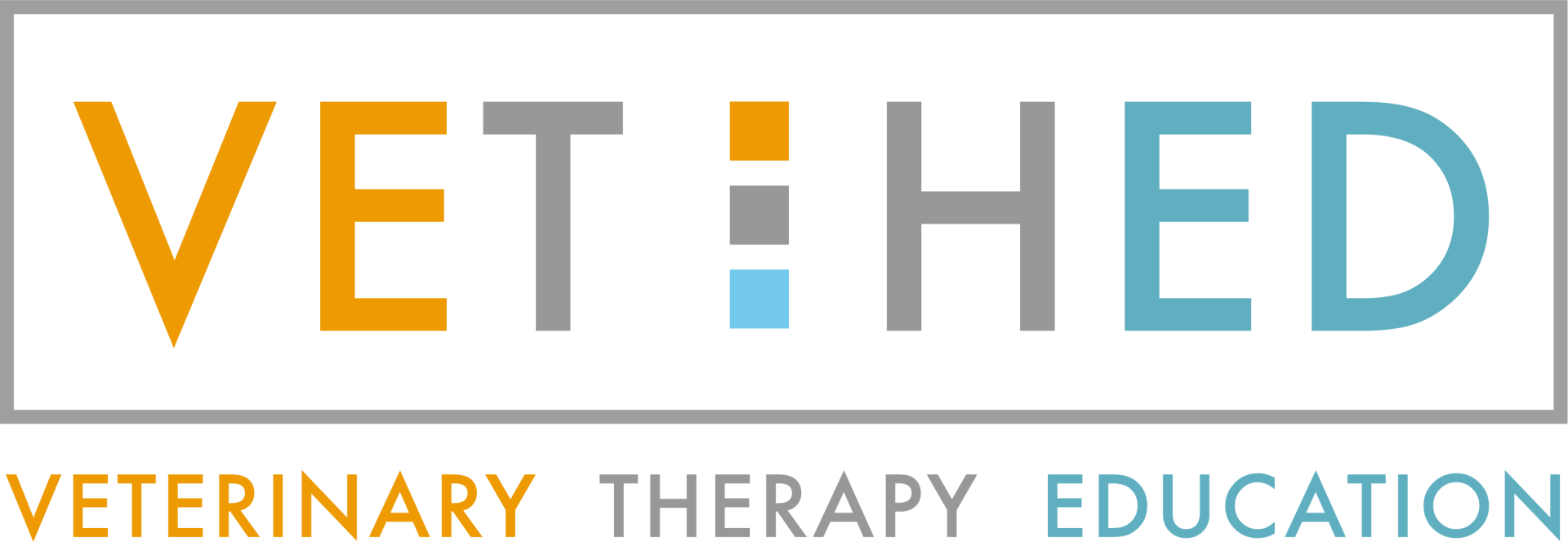Level 6 Diploma in Applied Advanced Equine Hydrotherapy
Apply today , limited spaces available.
Blended
Learning
Ongoing
September 2024
150 hours
£4,500
72 weeks
380+ Hours
Who is this for?
- Enhance your equine hydrotherapy clinical assessment skills
- Explore the science underpinning hydrotherapy
- Refine your professionalism and communication skills
- Establish a through understanding of the animal therapy sector
- Develop your record keeping and business acumen
Futureproof your business and your skillset.....
This is the only qualification that is recognised by the Institute of Registered Veterinary and Animal Physiotherapists (IRVAP) and the Institute of Equine Hydrotherapists (IEH), that on successful completion of the courses allows candidates to use the title Advanced Equine Hydrotherapist.

What will you study on the level 6 course
#1 Introduction to Equine Hydrotherapy
This unit will form the foundation for other modules by giving the candidate an overall understanding of the context in which the equine hydrotherapy industry operates; law, regulatory, and professional bodies, the modalities it uses, how they function and their safe and ethical application in performance and rehabilitation. Best practice will be explored as well as malpractice and how predicted future developments to the therapy industry, such as regulation may affect practice.
#2 Water and Equipment Management in Equine Hydrotherapy
Candidates will develop the knowledge to maintain, test, and operate equine hydrotherapy equipment (water treadmill, pool, spa, and salt and oxygen therapy). Candidates will acquire in-depth knowledge on this theory-led module, which will be assessed in the portfolio during this unit and reinforced through clinical hours. Candidates will be able to keep appropriate records, understand the industry and legal expectations, handle chemicals, and recognise safe and appropriate action should there be a mechanical fault.
#3 Equine First Aid and Health Monitoring
Candidates will understand how to monitor a horse’s health pre-, during, and post-hydrotherapy sessions to reduce the risk of injury or inducing further complications, such as colic. Candidates will be equipped with the skills to perform basic equine first aid including bandaging and wound management and understand the implications of management as a preventative measure. Candidates will be able to assess a horse's vital statistics such as pulse and respiratory rate and how to reduce stress and anxiety. This unit will also look at the management required for inpatient and outpatient care.
#4 Equine Behaviour and Pain Management
Candidates will explore the anatomical makeup of the central and peripheral nervous system and how pain can be transmitted and treated. This will include pharmaceutical treatment and therapeutic modalities. Psychological changes because of chronic pain will be explored in contrast to acute pain and its management.
#5 Equine Assessment and Biomechanics
Candidates will take a closer look at how and what a vet and a range of therapists assess for when looking for lameness and biomechanical dysfunction. This will cover both static and dynamic assessment and how these findings can impact the practice of an equine hydrotherapist. Candidates will learn how to assess for practice and how to keep records and relay findings accurately. Candidates will understand what a normal gait looks like for a ‘sound’ horse and how this may alter in the pool or on the treadmill.
#6 Lameness and Common Conditions in Equine Hydrotherapy
Candidates will develop an in-depth understanding of single and multilimbed lameness, how these present, and the significance to their hydrotherapy treatment planning. Candidates will understand the most common conditions that are referred to equine hydrotherapy centres, from initial signs, symptoms, and diagnosis to treatment and ongoing management. Candidates will consider contraindications to treatment and when to refer a case back to the veterinary surgeon.
#7 Equine Rehabilitation Management and Welfare
#8 Treatment Pathways and Clinical Reasoning
Candidates will further develop their underpinning knowledge of treatment pathways and complicating factors, to be able to work through a series of case studies. These case studies will encourage an understanding of conditions/injuries, ethical conflicts, and practical solutions that are justified by the therapist. Using clinical reasoning to defend the chosen treatment pathway and developing an understanding of how this would fit alongside other musculoskeletal practitioners, candidates will further refine their skills to work within a team of allied professionals.
#9 Equine Hydrotherapy for Performance
Candidates will establish an understanding of equine exercise physiology and what is required from the primary sports that utilise hydrotherapy in their training, such as horse racing, dressage, and eventing. Candidates will develop an understanding of the demands on the physiological systems of the horse and the implications of this in their hydrotherapy training. Candidates will understand how to tailor the work that is prescribed to suit the equine athlete without increasing the risk of injury.
#10 Professionalism and Communication
#11 Equine Clinical Hydrotherapy
Candidates will further develop practical skills through 150 hours of clinical placements to refine their assessment techniques, managerial and leadership skills. Working autonomously, candidates will set out fitness and rehabilitation treatment pathways and integrate the multi disciplinary team. Emphasis here is on what it takes to run a centre and using reflective practice to identify where improvements and refinement may be necessary.

